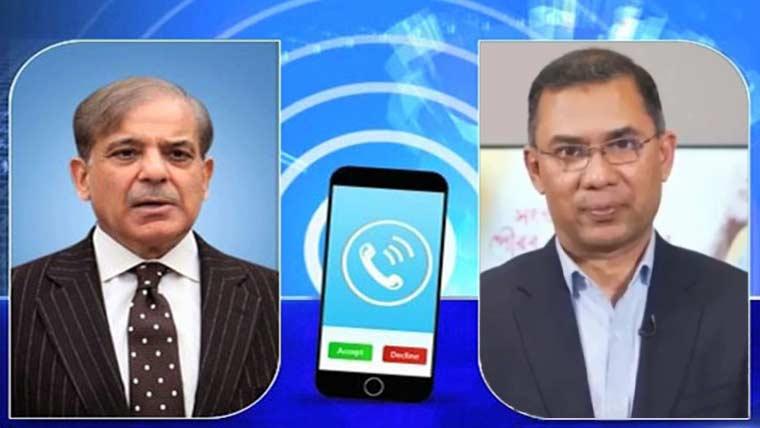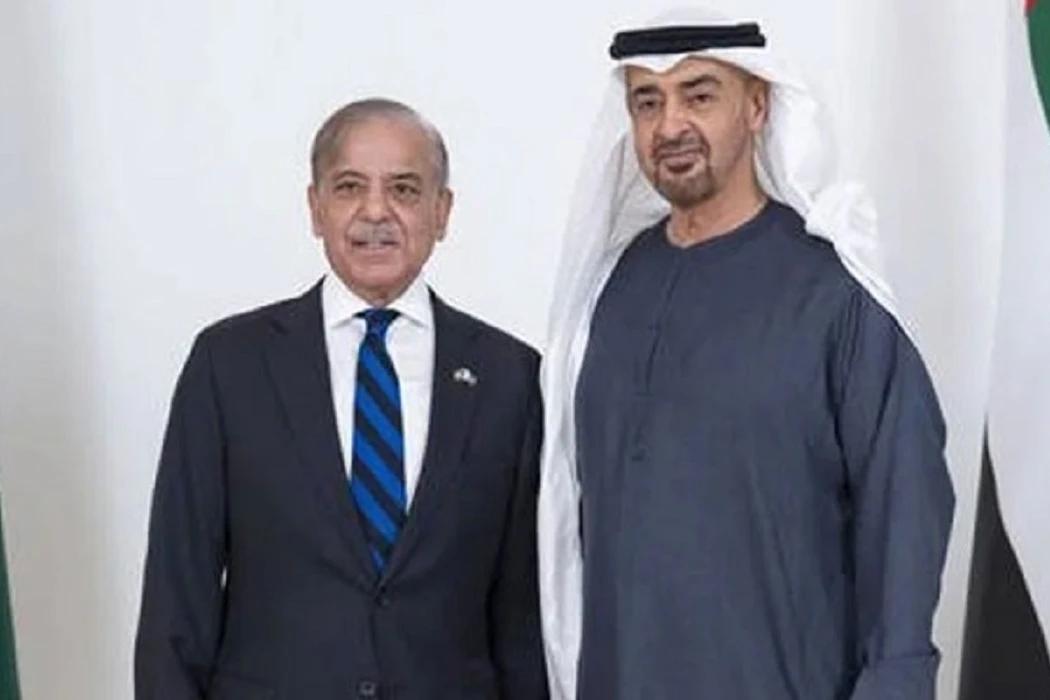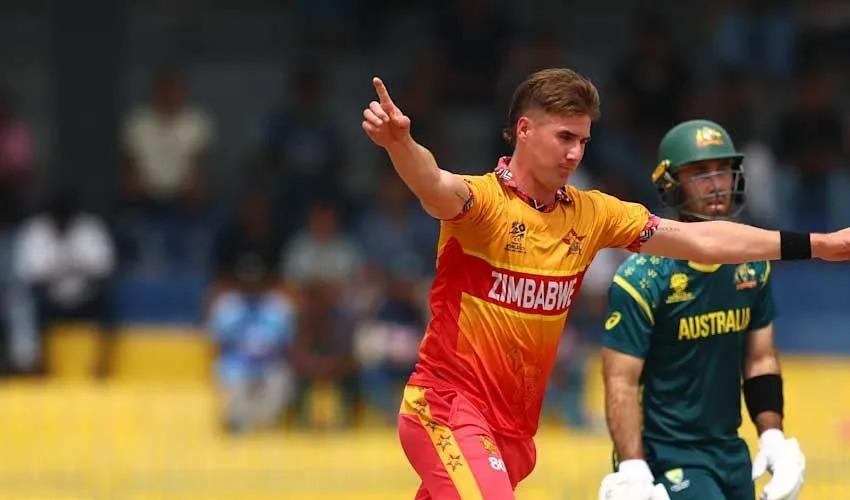Moscow ups the pressure in Donbas region

Kyiv: Ukrainian forces have counterattacked in the country's south, claiming to have pushed back Russian troops near three villages in the Kherson region, as President Volodymyr Zelensky made his first visit to the embattled east since the start of the war.
Zelensky, who on Monday will press EU leaders to break a deadlock on a new round of sanctions against Russia, a day earlier walked the streets of the devastated Kharkiv region's capital in a bullet-proof vest.
While one-third of the northeastern region remains under Russian control, "We will for sure liberate the entire area," Zelensky said after the visit, also revealing he had fired the city's security chief in a rare public rebuke.
Since failing to capture Kyiv in the war's early stages, Russia's army has narrowed its focus to eastern Ukraine, hammering cities with relentless artillery and missile barrages as it seeks to consolidate areas under its control.
But Ukrainian forces pushed back on the weekend, forcing Russian troops into "unfavourable positions" around the villages of Andriyivka, Lozovo and Bilohorka in Kherson, the country's military leadership said in a statement.
"Kherson, hold on. We're close!" Ukraine's general staff tweeted Sunday as their forces counterattacked in the only region of the country fully controlled by Russian troops.
Kherson, which borders Crimea, was taken by Russian forces in March and Moscow-backed officials in the region have recently pushed for annexation.
While limited in nature, the attack could have the effect of stretching Russian forces, with the general staff claiming the move had forced Moscow to send reserves to the area.
Zelensky, meanwhile, said Kharkiv's security chief had been sacked "for not working to defend the city from the first days of the full-scale war, but thinking only of himself," and that while others had toiled "very effectively", the former chief had not.
Although the president did not name the official, Ukrainian media reports identified him as Roman Dudin, head of the Kharkiv region's SBU security service.
With the war devastating much of his country, the Ukrainian president is set to speak by video link Monday to an emergency summit of European Union leaders in Brussels as they seek to break a deadlock on new Russian sanctions.
- 'Kill Russian exports' -
Zelensky is expected to press EU officials at the summit "to kill Russian exports" as he seeks to crank up international pressure on Moscow.
A new, sixth round of European sanctions has been held up by Hungary, whose Prime Minister Viktor Orban has close relations with Russian leader Vladimir Putin.
The landlocked country is heavily dependent on Russian crude oil supplied via the Druzhba pipeline.
Hungary has asked for at least four years and 800 million euros ($860 million) in EU funds to adapt its refineries and increase pipeline capacity for alternative suppliers, like Croatia.
But under a new proposal put to national negotiators on Sunday, the Druzhba pipeline could be excluded from a sanctions package.
- Pressure on the east -
Moscow's forces in the eastern Donbas region are continuing to up the pressure on the twin cities of Severodonetsk and Lysychansk.
A day after Russian forces claimed to have captured the town of Lyman, the situation in Lysychansk had become "significantly worse", Lugansk regional governor Sergiy Gaiday said on Telegram.
"A Russian shell fell on a residential building, a girl died and four people were hospitalised," he said.
On the other bank of the Donets river, Russian forces "carried out assault operations in the area of the city of Severodonetsk," according to the Ukrainian general staff.
Fighting in the city was advancing street by street, Gaiday said.
Zelensky, in his daily address, described a scene of devastation in Severodonetsk, saying, "All critical infrastructure has already been destroyed... More than two-thirds of the city's housing stock has been completely destroyed."
In the embattled city, where an estimated 15,000 civilians remain, a local official said "constant shelling" made it increasingly difficult to get in or out while the water supply is increasingly unstable.
- 'New face' -
While in Kharkiv, Zelensky discussed reconstruction plans with local officials, saying there was a chance for areas devastated by Russian attacks to "have a new face".
Despite an estimated 2,000 apartment blocks having been wholly or partially destroyed by shelling, the city has returned to a degree of normalcy in recent weeks, with customers returning to the well-known Crystal Cafe in the central public park.
Residents come by for a coffee, a bite to eat or to sample the "Biloshka" ice cream, a Crystal specialty the vendor has been serving since the 1960s.
"We need to keep employment. The city is coming back little by little," the cafe's manager, Alyona Kostrova, 36, told AFP.
Far from the city centre in the neighbourhood of Saltivska, however, where Russian shells continue to fall, the atmosphere is different.
"I would not say that people are buying a lot. People have no money," said Vitaly Kozlov, 41, who peddles eggs, meat and vegetables locally.
Volodymyr Svidlo, 82, told AFP he "has no pension", and comes "once a week" to the neighbourhood to sell onions, dill and flowers from his garden to make ends meet.
Latest developments
Here are the latest developments in the war in Ukraine:
- Russian onslaught in eastern Ukraine -
Russia says it has captured the strategic town of Lyman and claims to have surrounded the urban centre of Severodonetsk, as it wages an all-out war for the eastern Donbas -- Ukraine's industrial heartland.
But a Ukrainian official denies the claim that Severodonetsk has been encircled, saying government troops had repelled Russian forces from the outskirts of the key city.
- 'Constant shelling' in Severodonetsk -
In Severodonetsk, where an estimated 15,000 civilians remain, a local official says "constant shelling" has made it increasingly difficult to get in or out.
Evacuation is "very unsafe", with priority given to the wounded and those in need of serious medical assistance, says Oleksandr Stryuk, head of the city's military and civil administration.
The water supply is also increasingly tenuous, as a lack of electricity means the pumps at city wells no longer function, and residents have gone more than two weeks without a cellphone connection, he says.
- Situation 'very difficult', says Zelensky -
In his daily address to the nation, Zelensky says the situation is "very difficult, especially in those areas in the Donbas and Kharkiv regions, where the Russian army is trying to squeeze at least some result for itself".
He says Ukraine is doing "everything" to defend Donbas.
- Lithuanians raise millions for Ukraine drone -
Lithuanians have donated more than five million euros to a public fundraising campaign designed to buy a combat drone for Ukrainian forces fighting Russia's invasion.
The money needed to buy a Turkish Bayraktar TB2 drone was raised in three-and-a-half days in the country of 2.8 million people.
- Serbia signs gas deal with Russia -
Serbia, which has been trying to tread a delicate balancing act between East and West since Moscow invaded Ukraine, says it has secured a new long-term contract with Russia to ensure that it has sufficient gas supplies next winter.
As energy prices soar across the globe, the exact terms of the deal -- which will ensure Serbia has "a safe winter when it comes to gas supply" -- will be announced in the coming days, President Aleksandar Vucic says.
The deal comes as the European Union is trying to reduce its dependence on Russia for energy following Moscow's invasion of Ukraine, and is scheduled to discuss a possible embargo on Russian oil at an emergency summit on Monday.

Trump discovers that the road to autocracy is lined with potholes
- 6 hours ago

Government vows full medical care for PTI founder: Tariq Fazal Chaudhry
- 17 hours ago

PM holds phone call with BNP leader Tarique Rahman, congratulates on election victory
- 15 hours ago

PM Shehbaz and UAE president reaffirm commitment to strengthen bilateral ties
- 16 hours ago

Every little thing she does is magic
- 8 hours ago

How to train yourself to enjoy winter
- 6 hours ago

They backed Trump. Then Border Patrol arrested their neighbor. What now?
- 6 hours ago

How Gorilla Tag is weathering the VR winter
- 8 hours ago

Government decides to shift Imran Khan from Adiala to Islamabad jail
- 17 hours ago

Zimbabwe shock Australia in first major upset of ICC T20 World Cup 2026
- 17 hours ago

Aurora says it will ‘triple’ its driverless truck network
- a day ago

This $7,999 robot will fold (some of) your laundry
- 8 hours ago





